Without a doubt, artificial intelligence is poised to revolutionize the music creation process, significantly accelerating its pace. However, this rapid advancement in musical innovation coincides with a period in which music streaming platforms are already struggling to cope with the sheer volume of generated content. As a seasoned copyrighter, it’s important to recognize that the influx of AI-generated music can exacerbate the existing challenges these streaming services face, as they strive to manage and curate an ever-expanding library of creative works.
Artificial intelligence tools are playing a pivotal role in democratizing the process of music creation, making it accessible to a wider audience. However, this newfound ease in producing music could result in a deluge of AI-generated content inundating streaming platforms. Consequently, the creations of real individuals and their artistic compositions may be in direct competition with these AI-generated pieces as they vie for the precious attention and appreciation of listeners’ ears.
According to Tatiana Cirisano, a music industry analyst and consultant at MIDiA Research, many individuals may utilize AI-generated music tools for recreational purposes rather than to compete with skilled musicians. Nevertheless, their creations could contribute to an already congested marketplace. This presents a unique challenge, as some music streaming platforms do not clearly distinguish between professionally produced and amateur content in the same way that video platforms do, such as the differentiation between Netflix and YouTube or TikTok. Cirisano explains that, as a result, “Spotify will become the place where large portions of consumer-created music ends up, mixing in with everything else”.
While it is true that not just anyone can directly upload their content to major music streaming platforms like Spotify and Apple Music, these services do require artists to either work with a distributor or be affiliated with a record label to share their creations. In comparison, it is considerably more accessible for small, independent musicians to navigate this process than for independent filmmakers to secure a prominent streaming platform for their productions. Meanwhile, platforms such as SoundCloud provide an open space where anyone can freely upload and share their music, further contributing to the diverse range of content available to listeners.
As the influence of artificial intelligence in the music industry grows, some major players are pushing back against its potential impact on their intellectual property. Universal Music Group, representing renowned artists such as Taylor Swift, Nicki Minaj, and Bob Dylan, has reportedly called on leading streaming platforms like Spotify and Apple to prevent AI tools from extracting lyrics and melodies from their artists’ artists copyrighted material, according to a recent Financial Times article. This stance highlights the increasing concerns within the music business about the potential consequences of AI-driven innovation and the need to protect artists’ creative works.
Emerging generative technologies in the music industry exhibit a propensity for imitation. Google, for instance, unveiled an AI tool named MusicLM earlier this year, which can generate music based on textual prompts. By providing a description such as a “fusion of reggaeton and electronic dance music, with a spacey, otherworldly sound,” users can receive a corresponding musical clip from the generator. However, Google has refrained from releasing the tool on a broader scale, acknowledging in their research paper that approximately 1% of the generated music bore a striking resemblance to pre-existing recordings. This revelation underscores the potential challenges associated with AI-generated music and its capacity to replicate existing compositions inadvertently.

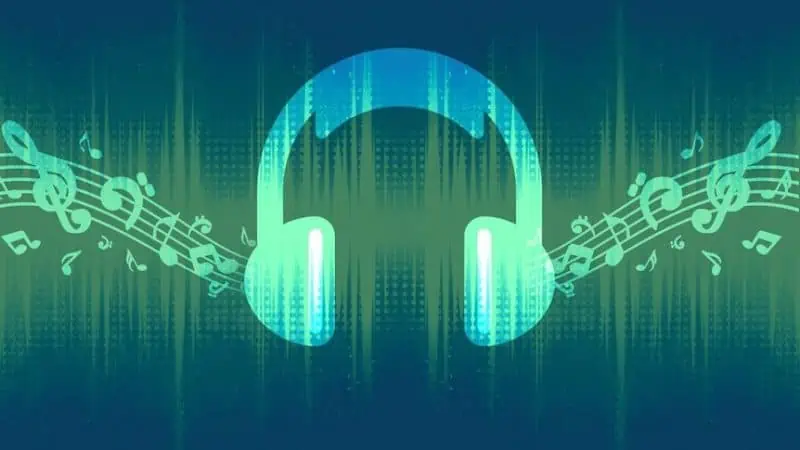
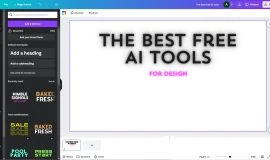
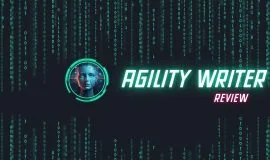

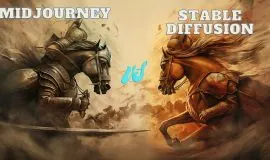
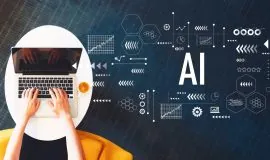




![[Guide] Enable the hidden ‘Condensed’ display mode on Samsung Galaxy S7 and S6 Enable the hidden 'Condensed' display mode on Samsung Galaxy S7](https://www.bytesin.com/wp-content/uploads/2016/04/Activate-the-hidden-Condensed-display-mode-on-Samsung-Galaxy-S7-120x70.webp)


